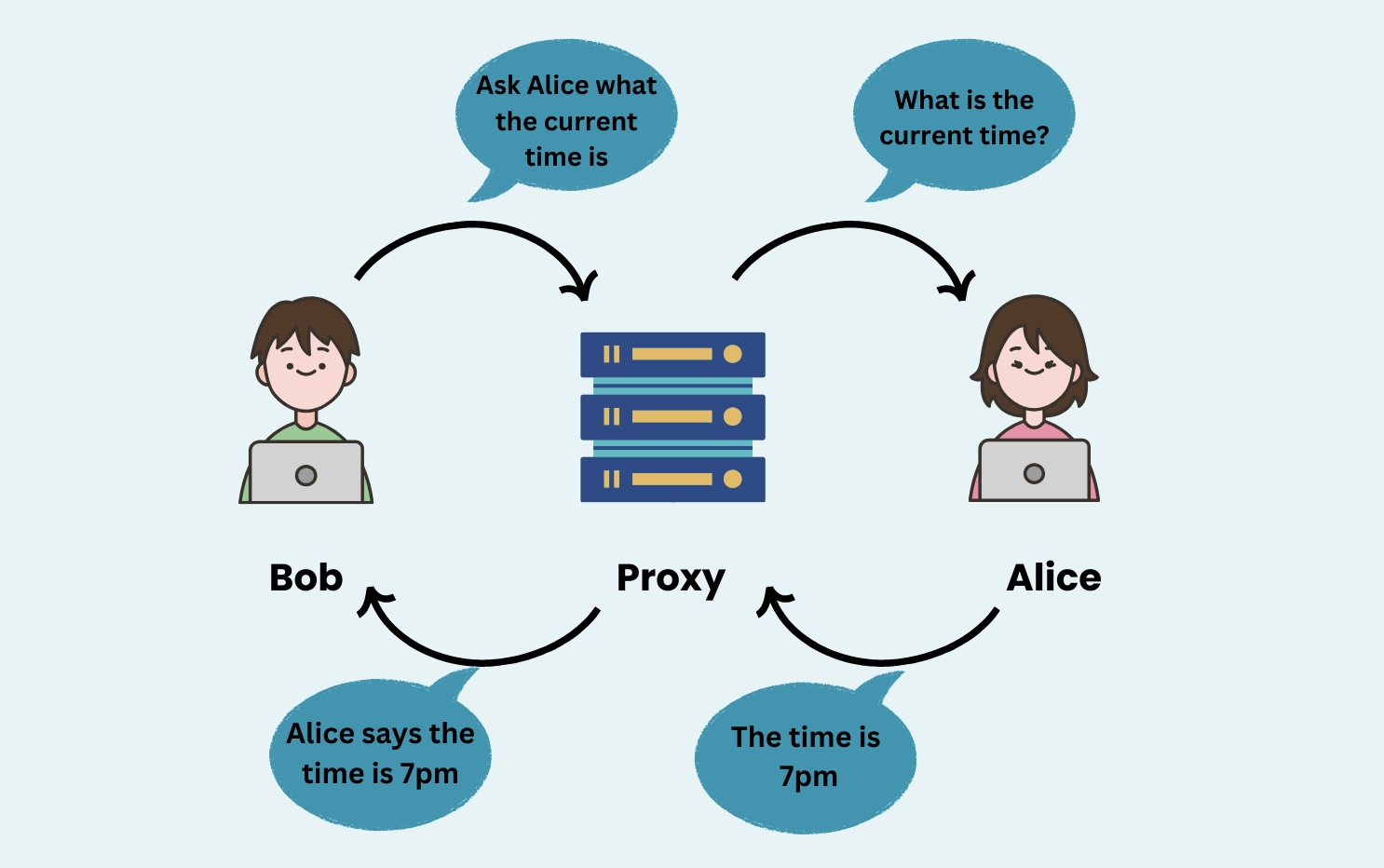What significance lies in testing your proxies?

A proxy, also known as a proxy server, serves as an intermediary between users seeking a service and the websites or applications providing that service. By keeping users' IP addresses hidden, proxies ensure online anonymity and security while simplifying requests and enhancing performance.
Proxies play a crucial role for both individuals and businesses, utilized in various tasks such as price monitoring, competitor analysis, web scraping, SEO research, social media automation, and more.
However, it's essential to note that not all proxies offer the same level of quality and reliability. This article will delve into why it's crucial to test proxies before using them, as well as the most effective methods for conducting proxy testing.
Go ahead and recap what is a proxy if you need any more information before we delve in.

Why Do You Need to Test Proxies?
Whether you've purchased IPs from a provider or stumbled upon a list of proxies online, whether they're intended for personal use or vital for your business operations, one truth remains constant: testing your proxy is indispensable.
Individuals and businesses alike test proxy servers for a multitude of reasons. Here are four primary considerations:
- Functional Verification:
Ensuring the proxies function correctly is paramount. Failure in functionality could result in an inability to access the internet or maintain anonymity. This could lead to missed opportunities, hampered business operations, and restricted access to essential remote resources.
- Compatibility Assessment:
It's essential to verify compatibility with existing bots and software to avoid wasting time and resources on proxies that are incompatible. Moreover, the proxy server must align with the requirements of the site or application being accessed.
- Speed Evaluation:
Determining whether the proxy operates at the requisite speed is crucial. Speed is particularly critical in scenarios such as utilizing sneaker proxies to swiftly secure limited-release items before they sell out.
- Location Validation:
hoosing the right proxy location is essential, especially when accessing websites restricted to specific countries. Just as one would use a .co.nz domain name to access the New Zealand marketplace, employing the appropriate proxy location is necessary to access region-specific content. Failure to use a proxy corresponding to the desired location may result in denied access to the targeted website.
Effectively Testing a Proxy Server
There exist various methods through which you can assess your proxy servers to confirm their functionality before implementation. Here are three primary approaches.
- Using an IP Dataabse
A straightforward method to verify the functionality of a proxy server is by utilizing an online IP checker. These websites assist in confirming that the displayed IP address and location differ from your actual IP address and location.
While numerous free IP checkers exist online, they do come with limitations. They do not indicate that a proxy is being used and cannot ascertain whether the proxy will function with a particular website. - Using an IP Database
An IP database contains IP addresses along with pertinent details such as:
- Association with a specific domain name
- Internet service provider (ISP)
- Level of anonymity
- Proxy status (potentially leading to restrictions on accessing certain sites)
- Proxy type (e.g., datacenter, residential, mobile)
- Use Caching
For further optimization of your proxy configuration, it's essential to contemplate the implementation of efficient website caching strategies. This not only improves speed and efficiency but also guarantees smooth browsing experiences.
Proxy caching involves storing content directly on the proxy server, which collaborates with the source server to cache resources like web pages. Consequently, when a user requests a resource, the proxy can promptly retrieve and deliver a recent copy from its cache. If no recent copy is available, the proxy simultaneously fetches it from the source and delivers it to the user. - Rotate Your Proxies
Regularly rotating the proxies utilized by businesses and individuals is paramount. A rotating proxy provides access to an extensive pool of IP addresses, with the proxy server provider automatically switching to a different IP each time a new connection is established. This dynamic IP rotation ensures that websites perceive each user as a distinct client, making it particularly advantageous for web scraping endeavors.
Furthermore, rotating proxies bolster security by complicating efforts to track IP addresses or browsing habits, thus fortifying systems against potential cyberattacks. For instance, in the context of a call center, enhancing security is imperative to safeguard customers' data. - Test Regularly
Regular testing is essential, involving continuous evaluation of the proxy's performance to ascertain its suitability for the task at hand and ensure it aligns with your requirements. This proactive approach enables swift identification and resolution of any issues, which is particularly crucial when using proxies to access sensitive data or systems.
It's advisable to conduct proxy tests at least once a month to err on the side of caution. However, ensure that these tests are conducted from varying IP addresses to prevent detection by the websites being accessed, as consistent activity from a single IP address may trigger bans. - Use the Right Tools
In optimizing your online performance, it's crucial to select the most suitable tools for the task at hand. For instance, if you aim to elevate your gaming experience, integrating the best VPN for gaming alongside your proxy setup could be a comprehensive solution worth considering.
Given the multitude of options available, thorough research is paramount to ensure that your chosen proxy or proxies align with your specific requirements and objectives. - Be Wary of Freebies
Our ultimate recommendation is to exercise caution when considering the use of a free proxy, despite the allure of cost savings. It's imperative to ensure that personal information, or that of your customers, remains safeguarded from potential compromises stemming from poorly functioning proxy servers, which could result in privacy breaches.
If feasible, prioritize opting for a reputable provider with responsive customer support. This ensures that in the event of any issues, you have assistance readily available and aren't left to navigate challenges alone. Keep in mind that not only your peace of mind but also the reputation of your business is at stake.
However, there are limitations. While some database searches may be accessible at no cost, comprehensive access is typically restricted behind paywalls. Additionally, an IP database cannot provide insights into the speed of the proxy or its compatibility with desired websites.
Best Proxy Testing Practices
Proxy servers are accessible to anyone, with numerous valid reasons for individuals or businesses to conceal their IP addresses. Given the uncertain trajectory of retail and escalating concerns regarding privacy and security, concealing one's IP address during e-commerce transactions has become increasingly prevalent.
For instance, a company investing in Vonage's small business phone service may find proxies invaluable for enhancing VoIP traffic, facilitating remote agent connections, and fortifying against data breaches by obfuscating the call center's actual IP address.
Final Thoughts
Proxies serve as potent instruments for enhancing online experiences and bolstering security. However, their efficacy hinges on thorough testing to ascertain alignment with your specific needs and ensure they can deliver the desired outcomes.
